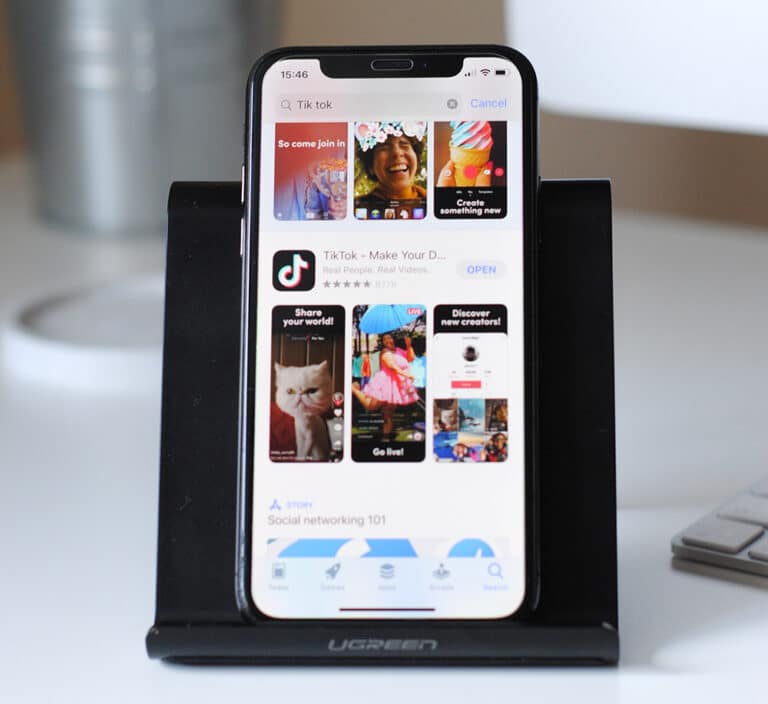Small Business Website SEO: Story-Driven Optimization That Works

Why SEO Feels Overwhelming (and Why It Doesn’t Have to Be)
If you run a small business, chances are you’ve heard that SEO is important. Maybe you’ve Googled your own business name only to find it buried under competitors. Maybe you’ve spent time writing blogs that don’t get traffic. Or maybe you’ve skipped SEO entirely, believing referrals and word-of-mouth are enough.
The reality is simple: referrals can only take you so far. At some point, your clients will search for your services online. If you are not visible, you are not an option.
The problem is that most SEO advice feels too technical. Keyword density, meta tags, backlinks—it all sounds like a different language. And for small businesses that don’t have full-time marketing staff, it feels out of reach.
But there’s a different way to look at SEO. Instead of approaching it as a checklist for algorithms, think of it as storytelling. People search because they have a problem. They type their challenges, their questions, or their frustrations into Google hoping to find a solution. If your website content reflects their story, you don’t just show up—you connect.
What Story-Driven SEO Actually Means
At its core, SEO is about language. If you know how your ideal client describes their pain points, you know how they search. That’s the first step in building content that resonates.
Story-driven SEO goes beyond stuffing keywords into a page. It starts with three simple but powerful shifts:
- Speak your client’s language. If your client says, “I feel invisible online,” that phrase belongs in your website copy and blog posts.
- Tie content to real experiences. Instead of generic “5 Tips to Grow,” create posts that tell the story of common challenges and solutions.
- Frame your site as a journey. Your homepage, About page, blogs, and calls to action should read like chapters of a story that takes your visitor from problem to possibility.
When you do this, your content doesn’t just attract clicks—it keeps people on the page longer. That engagement is a major factor in how search engines decide which content deserves higher rankings.
Why Small Business SEO is Different
Large corporations can hire teams of specialists to chase algorithms. Small businesses can’t and shouldn’t try to compete that way. What you have that they don’t is authenticity and agility.
Your strength lies in clarity. You know your clients personally. You understand their frustrations. You can use that insight to build content that feels less like marketing copy and more like a real conversation.
Think about it: which blog would you rather read?
- “Top 10 Productivity Hacks for Entrepreneurs”
- Or: “Why I Almost Gave Up on My Business Until I Tried This Simple Shift”
The second is specific, personal, and relatable. That is what keeps readers engaged and signals to Google that your page is valuable.
Practical Steps to Apply Story-Driven SEO
Revisit Your Website Copy
Start with your homepage and About page. Do they sound like a brochure, filled with industry jargon? Or do they read like a clear invitation that shows your visitor you understand their problems?
Replace stiff phrases like “we provide comprehensive solutions” with language that mirrors your audience: “We help small businesses stop losing leads and start booking more clients.”
Write Blogs That Answer Real Questions
Instead of guessing at what to write, listen to the questions clients ask you every week. Turn each into a blog post. If someone asks, “How do I know if my website is hurting my business?”—that’s a blog title.
These long-tail, conversational keywords are less competitive and far more likely to attract the exact people you want.
Optimize Without Overcomplicating
SEO basics still matter, but they don’t have to be intimidating. Make sure each page has:
- A clear title tag and meta description
- Headers (H1, H2, etc.) that reflect natural search phrases
- Internal links that guide readers to other useful pages on your site
Do this consistently, and over time your content begins to build authority.
The Metrics That Actually Matter
A common trap for small business owners is obsessing over vanity metrics—page views, likes, impressions. What matters more is the behavior of your visitors once they arrive.
- Are they staying on your site longer?
- Are they clicking to your contact page?
- Are they signing up for your lead magnet?
- Are they booking calls?
SEO should always be tied back to conversions, not just traffic. Ten qualified leads are worth far more than 1,000 random visitors.
SEO as a Long-Term Investment
One of the biggest misconceptions about SEO is that it works instantly. Unlike ads, where you can pay for traffic tomorrow, SEO builds over time. A single blog might not change your traffic overnight, but three months from now it could become your most visited page.
The key is consistency. Publishing one well-written, story-driven blog every two weeks can create momentum that compounds. Each post adds to your library of searchable content, creating more ways for clients to find you.
What Happens When You Shift Your Approach
When small businesses adopt story-driven SEO, they often notice three changes:
- More organic traffic. Not necessarily millions of visitors, but steady growth from the right people.
- Better leads. Visitors who say things like, “I feel like you were speaking directly to me.”
- Increased credibility. Even if someone doesn’t book right away, they keep returning because your content feels real.
This is why SEO is less about tricks and more about alignment. The clearer your message, the more likely it is to match a client’s search.
Building Your Own Story-Driven SEO Strategy
To put this into practice, start with a simple framework:
- Identify three core problems your clients face.
- Write down the exact words they use to describe those problems.
- Build content (website copy, blogs, FAQs) that reflects those words.
- Optimize the technical basics without getting lost in them.
Most importantly, commit to the long game. One story-driven article is good. Ten over the course of a year is transformational.
Final Word: SEO That Sounds Like You
Small business website SEO doesn’t have to be complicated or overwhelming. You don’t need to chase algorithms or write robotic copy. You need clarity, story, and consistency.
When your content sounds like you—and reflects the real struggles and language of your clients—you don’t just get found. You get chosen. That’s the true power of story-driven SEO.
REMEMBER: Google doesn’t buy from you—your clients do. When your website SEO is shaped by story, you don’t just rank. You resonate.
Explore Coaching with Lisa Benson
Book a Clarity Call
Start with the 9-Line Business Roadmap






